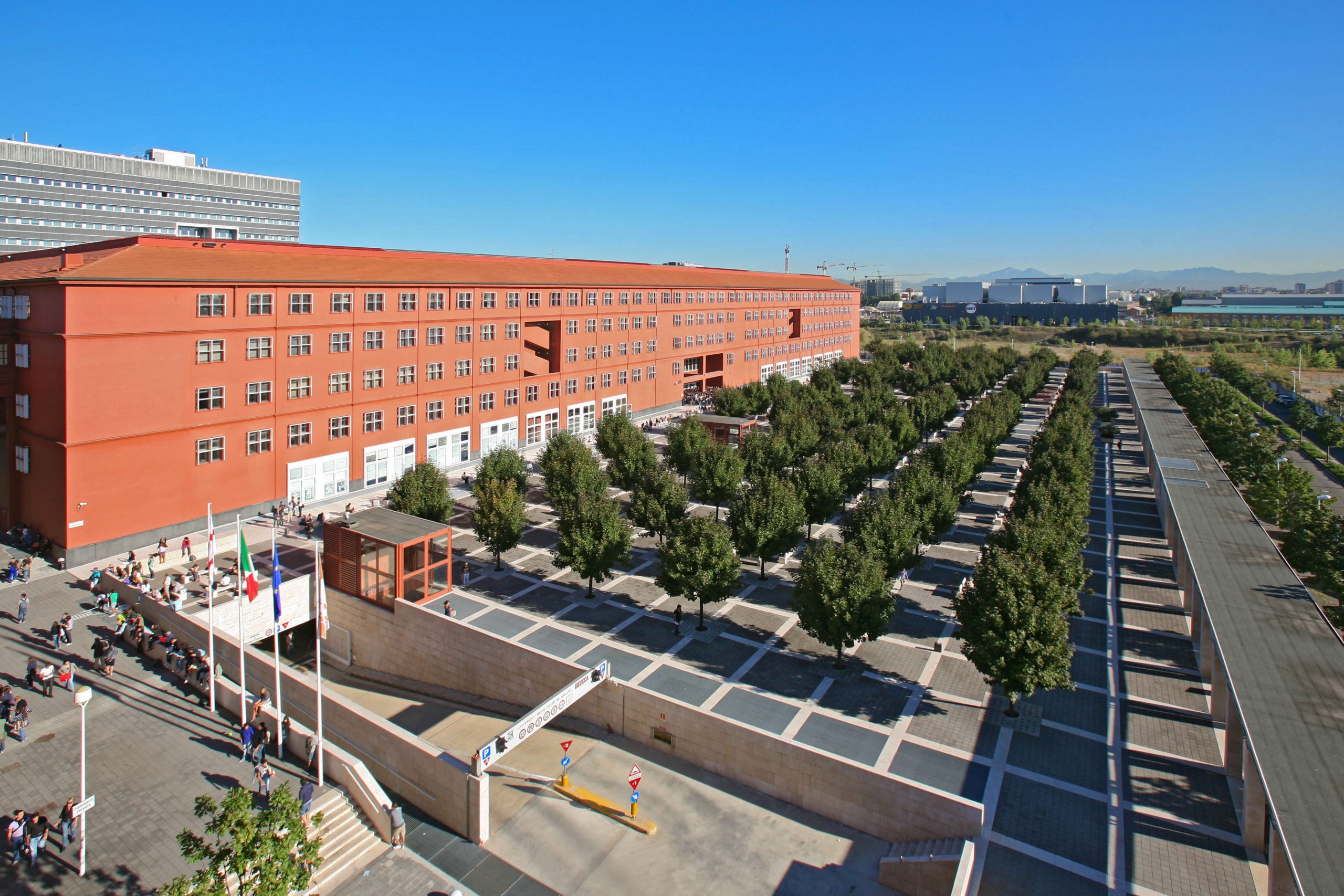Research areas
The astrophysics unit leads several high-profile research programmes in three main areas of astrophysics: experimental cosmology, the physics of cosmic structures, the properties of compact objects as sources of gravitational waves. We are partner in major international collaborations and we are principal investigators of some the most ambitious observational and theoretical programmes aimed at understanding the nature of our Universe, the formation of cosmic structures, and the origin of gravitational waves.
Find out more about our research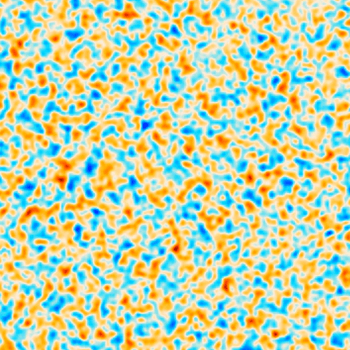
Experimental cosmology
We are active in measurements and observations of the Cosmic Microwave Background (CMB), galactic polarized emission, large scale cosmic structure, clusters of galaxies, and cosmic rays.
learn more
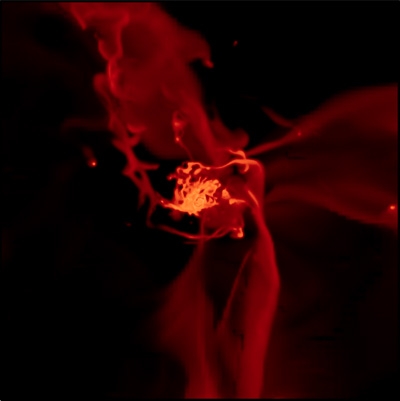
Cosmic structure formation
We study the formation and evolution of galaxies by combining observations with world-class 8-10m telescopes and state-of-the-art theoretical and numerical models and simulations.
learn more
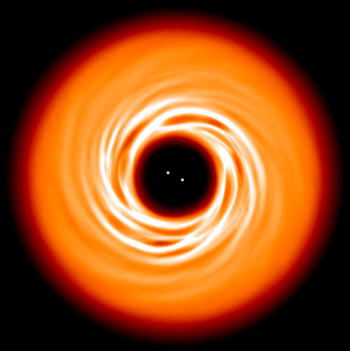
Compact objects and gravitational waves
We study compact objects, such as neutron stars and black holes, via their gravitational wave and electromagnetic emission, and by combining numerical simulations with observations.
learn more
Explore our teaching programme
Study with us
The Astrophysics Unit offers within the Department of Physics a wide range of learning opportunities in Astrophysics and Space Science. Whether you are looking to obtain a PhD or a Master Degree in Astrophysics or complete a MSc/BS thesis in our unit, explore the offering of our teaching programme.
FIND OUT MOREMaster in Astrophysics
We offer an international Master in Astrophysics (in English) covering all key areas of modern astrophysics and data analysis through interactive lectures, research projects, and laboratories.
Find out morePhD programme
We offer a curriculum in Astrophysics within the PhD programme of the Physics Department. Research in one of our key areas is at the core of this programme.
Find out moreLatest News & Events
During the academic year, we organise several events including seminars, group meetings, workshops and conferences. Browse our calendar to find out upcoming events.
See all eventsHere are the latest updates on our research and teaching activities. Visit our blog to read all our news.
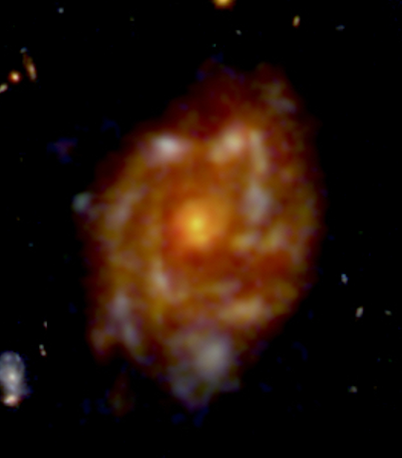
“Big Wheel”, a surprisingly large disk galaxy discovered in the early universe
A surprisingly large disk galaxy in the early universe – about two billion years after the Big Bang – with dimensions more typical of the giant galactic disks of the[…]
Read more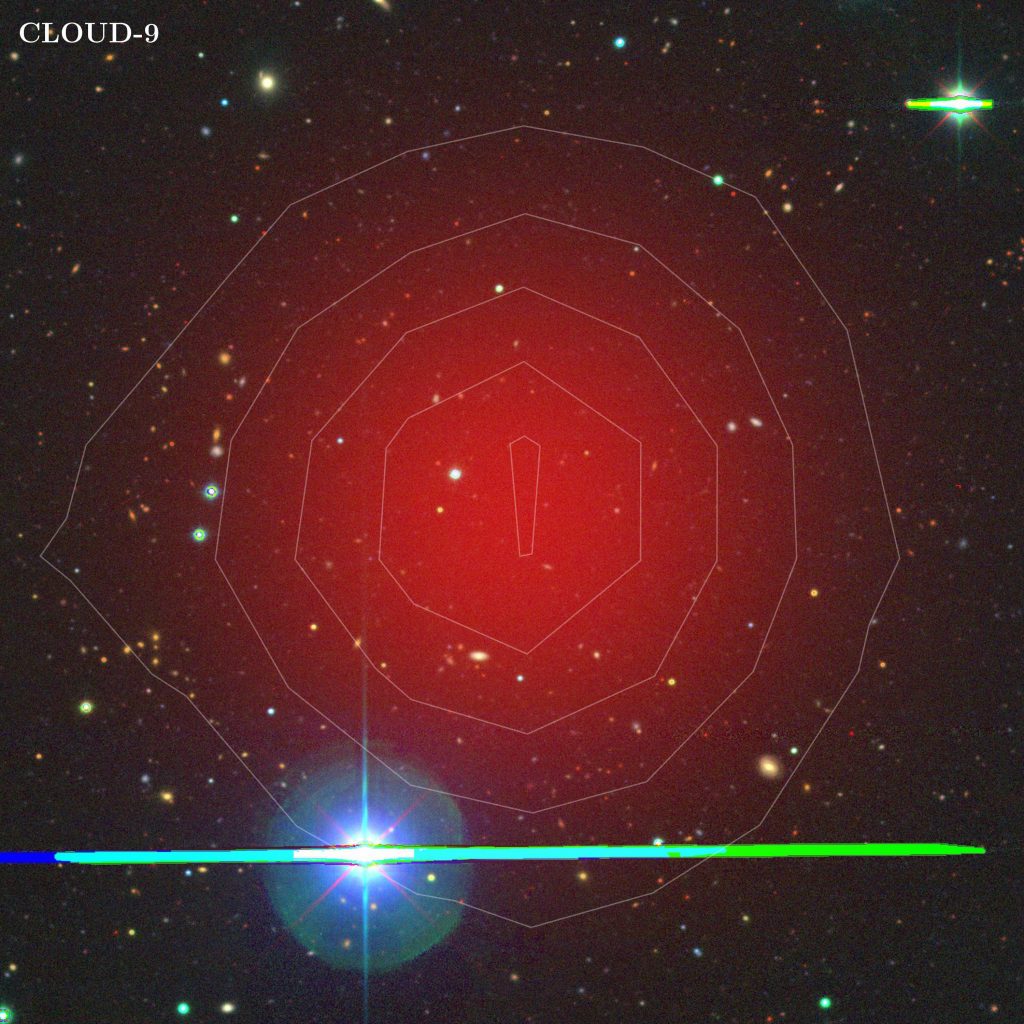
A starless dark matter halo finally found?
Artistic representation of the underlying gas distribution traced by the observed emission at the location of Cloud-9. Recent observations with the Five-hundred-meter Aperture Spherical Telescope (FAST) detected marginally-resolved extended gas[…]
Read more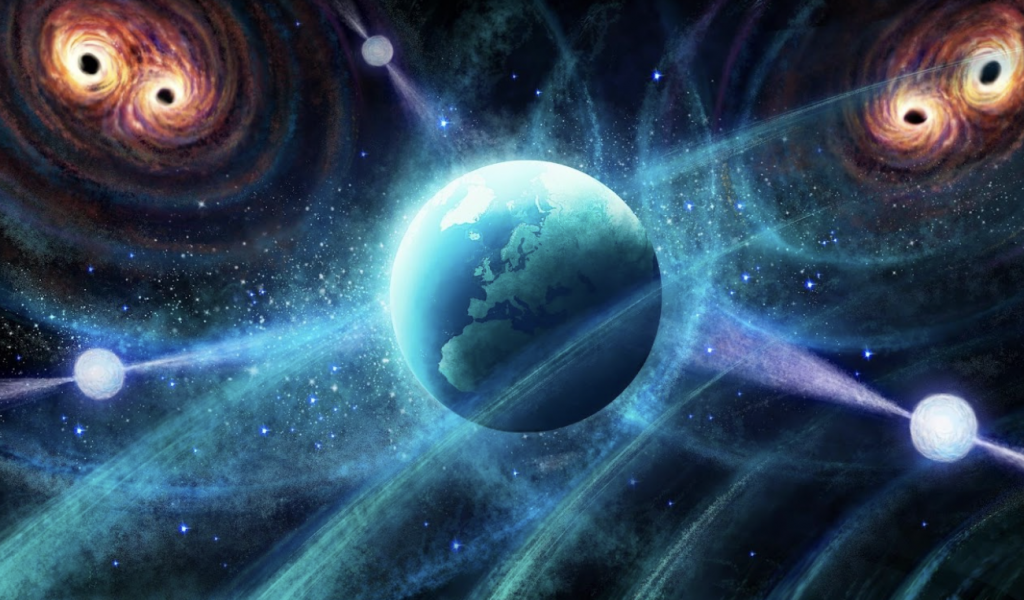
Milano-Bicocca plays key role in first evidence for nanoherz gravitational waves
A group of astrophysicists at Milano-Bicocca, led by Alberto Sesana, has contributed to the first evidence of nanoherz gravitational waves! On June 29th, 2023, the European Pulsar Timing Array (EPTA)[…]
Read moreOpen Positions
Troughout the year, there are opportunities to join our research staff and to enrol in our PhD and MSc programmes.
Find open positions